No longer bi myself
How community makes me
feel queer enough
MANDY HENNINGHAM
Mandy (she/they) is an Aboriginal, bi+ sexologist and sociologist of health, sexuality and gender at the Department of Sociology and Criminology, University of Sydney. She has a strong history of advocacy and research in gender and sexuality and often uses a critical or queer framework to bring forth marginalised voices, particularly those in the LGBTQIA+ community. With her background in sexual health, public health, mental health, counselling, education, and fine arts, Mandy brings a multidisciplinary lens to her work as well as their own diverse, intersectional lived experiences.
In high school I’d daydream about the way a girl moves, obsess over a glance from a boy, and admire the confidence and societal defiance of androgynous celebrities. I’d fantasize about basically anyone doing a slow-motion, wet hair flick at the beach followed by a look just for me… I may have watched too many movies. Nevertheless, I can confidently say that I have known I was bisexual since I was a teenager. Despite being so self-assured of my sexuality, I never felt like a queer person.
Whenever I stated my bisexual identity, it was usually met with, “okay, cool”, “me too!” or “want to have a threesome?”. After that, there was no further discussion. No one wanted to acknowledge this as an ongoing, stable part of my identity, connect with me over our shared sexuality, or discuss it with me unless it was for their own sexual gain. My sexuality was only ever a fleeting comment or pass at me, I wasn’t taken seriously as a queer person, so I never felt like one.
My early twenties was a strange time, though I suppose it was for most of us. We’re all trying to establish who we are as fresh adults, what we like, what we want to explore. The latter is where I usually come in. Being a seemingly confident and open person, I was usually sought out at parties by other bisexual or bicurious women who wanted to talk to me about how they had ‘never kissed a girl before…’ before shuffling their feet, waiting for me to take lead and indulge their curiosities. At the time, I loved that these women felt comfortable enough to explore their desires and sexual curiosity with me, that I was a safe person. However, these moments were fleeting. Reflecting on these moments years later, I can see that I was often used as a body of opportunity; a play thing to experiment with, a check box to hit before returning to the party. Besides a complicated, on-and-off, unnamed queer relationship I had in high school, no other women or bisexual people were actually interested in dating me. Quite frankly, I also just didn’t know where they were (spoiler alert: we’re everywhere!).
I always had little success in meeting potential romantic partners at clubs, unlike my cishet friends. I tried hitting the gay clubs in Sydney, but they were predominantly filled with cis gay men and a few straight women looking for a ‘fun night out’. I only really knew of one lesbian bar and the few lesbian friends I had at the time said I probably wouldn’t be welcome there if I was dating men too, so I never braved it. I felt rejected before I even found a door. Eventually, I found a nightlife home among the alternative scene which had a lot of crossovers with the rave scene and kink community. Not only did I feel comfortable and make a lot of great friends, but this Venn diagram of community had a lot of queer undertones; many people were bisexual, pansexual or experienced multi-gender attraction but didn’t believe in labels. These spaces and communities had an air of openness, a free-for-all of subversive expression and desire. It was great, and yet, it wasn’t a queer home. My sexual identity still took a backseat. I still longed for a space to fully embrace my sexual identity with others like me. With the only nightlife sexual identity oriented spaces being gay, lesbian, or ‘straight’ (clubs that weren’t aimed towards any queer community), my sexual identity continued to be invisible. I resided to feeling like being bisexual wasn’t queer enough to warrant a space, an identity or eventually, even to mention anymore.
After many years, I decided to try again. Working in queer research opened my eyes to the shifts that were murmuring in queer communities. I remember finding the Sydney Bi+ Network and feeling so elated. Here was a group, right here where I lived, with other people like me. I also attended a bisexual forum and heard so many stories like mine, and many others who also felt very alone in their paths to embracing or celebrating their bisexuality. After I had connected with some members, I couldn’t wipe the smile off my face. We all felt invisible, we all experienced being excluded. I learned about in-community jokes like not being able to sit correctly in a chair, finger guns, and being a chaotic bisexual. I laughed alongside my peers for the very first time. I had finally found my community, my people.
I mourn the queer loneliness of my early adulthood, for the person who never felt seen, taken seriously, or properly understood. The person who had nowhere to go to meet their peers or potential partners. And yet, I am excited for the future. I’m grateful that the last 15 years has seen a lot of change in the wider queer community, that fellow bisexuals have carved out a space where we can be not only seen, but accepted and celebrated. I’m grateful that young bisexual people now have more virtual and physical spaces to belong to, and hope that no one else has to feel invisible or erased. You are all queer enough, and we’re here to celebrate alongside you.
